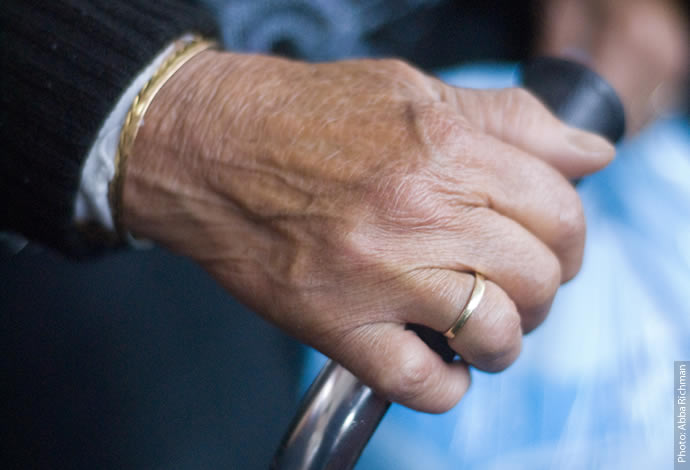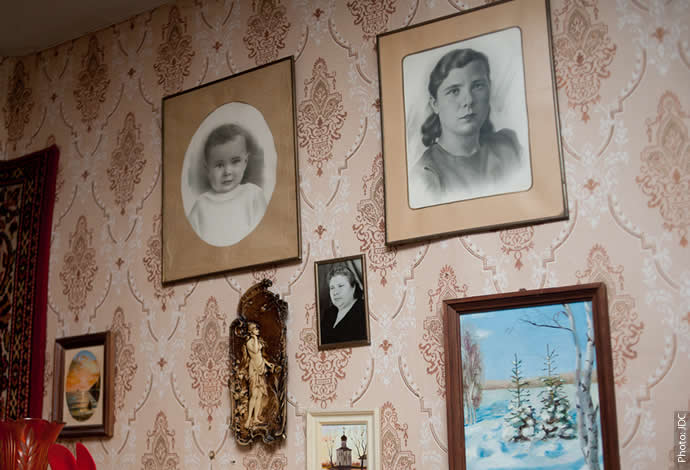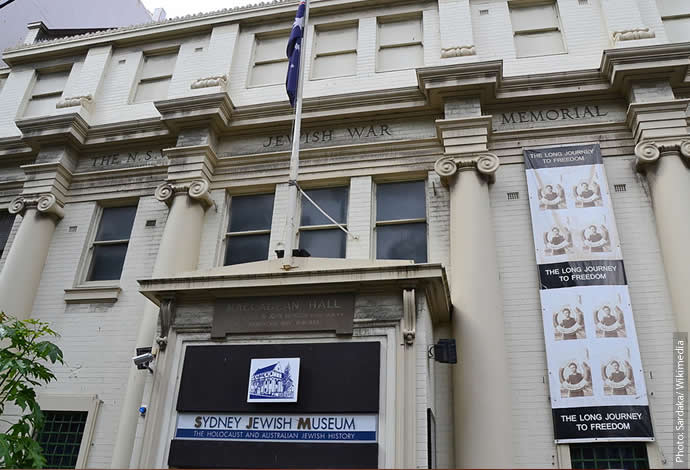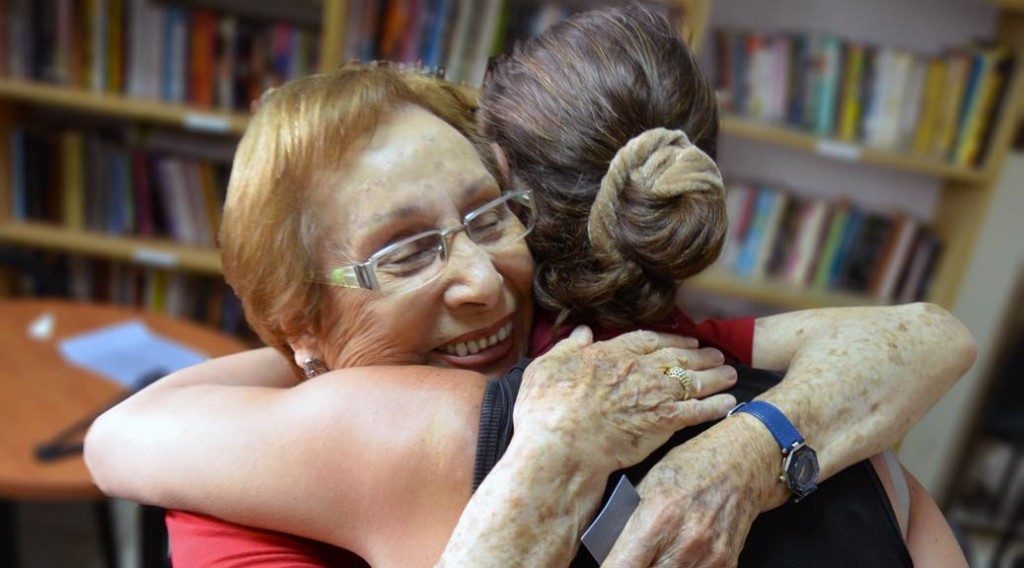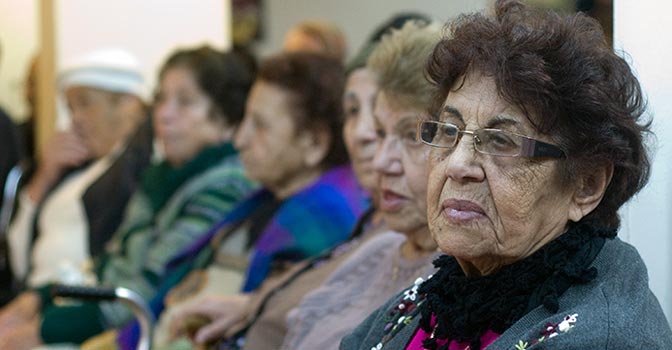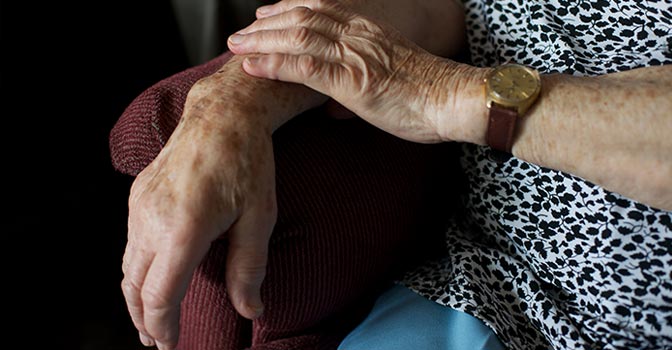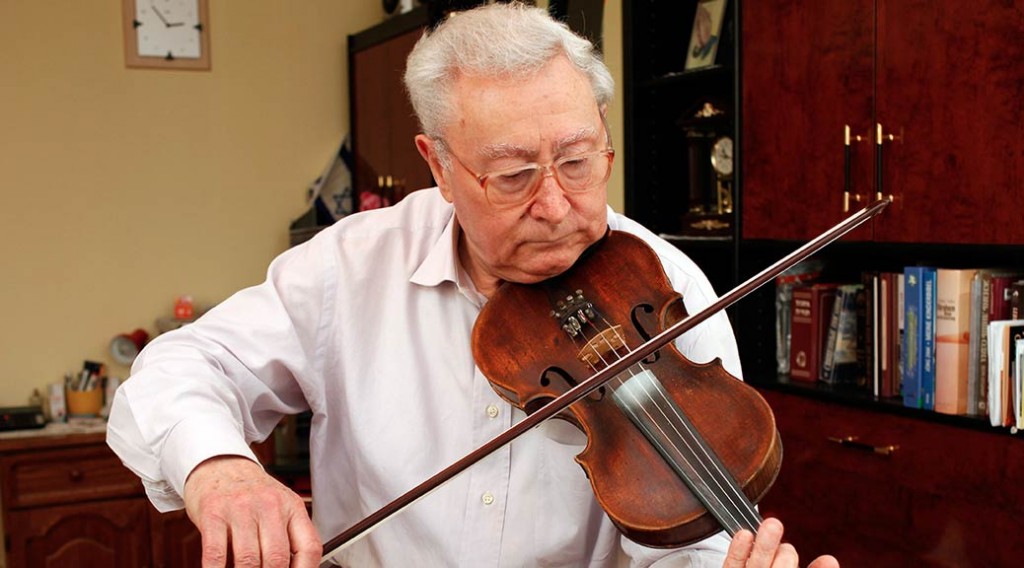by Aviva Lion Introduction In March 2003, I arrived on the doorstep of Yoram Amit, director of Amcha in Rehovot. In a very unimposing office, here was the person who would introduce me to the fact that I was a Holocaust survivor. The facts about my life and the Holocaust I knew – but I…
Tag: social services
By Halina Rosenkranz, M.S. Holocaust Program—Group Facilitator Westchester Jewish Community Services 141 N. Central Avenue Hartsdale, New York “We’re supposed to feel sorry for the children of Nazis; who feels sorry for us? They have the choice of hating their families—our families are dead. We have no choice!” The above statement was made during a discussion…
By Renee Symonds BA Dip. Ed., MA Psych. and Rony Bognar Abstract This paper discusses the creation and development of the Survivor Focus Group at the Sydney Jewish Museum (Sydney, Australia). It lists the reasons for its initiation, as well as its development over an eight year period (See Appendix B). The words and feelings…
by Naomi Shacham, MSW “And I was hungry For food And for love I was hungry To feel what it is like to belong to someone I was hungry” (Wilhelmina, 2004) The poem above, written by an aging Holocaust Survivor, reflects the multi-faceted nature of the role of coordinator of services for hospitalized Holocaust survivors…
Goodnight, Irene… Welcome Home! Transforming Relational Trauma in a Residential Setting By George Halasz, Magalí Kaplan, Rod Myer “And so I learnt that the poet is a pulse in the rhythmic flow of generations.” – Octavio Paz, In Search of the Present (1990 Nobel Lecture, p. 22, San Diego Harvest) Introduction It is often said…
End-of-Life Issues for Holocaust Survivors A presentation given in October 2008 at an international conference in Frankfurt for professionals working with Holocaust survivors. By Judith Hassan, OBE Those who attended the conference in Vienna in 2007 know how strongly I feel about helping survivors to maximise the time they have left in their lives and…
In Their Own Words: Survivor Wartime and Late Life Coping Styles By Nancy Isserman, Bea Hollander-Goldfein and S. Nechama Horwitz The coping literature is quite extensive with hundreds of published articles examining coping strategies. More specifically, the field of Holocaust studies has also examined coping. Most studies have looked at coping using quantitative instruments. Some combine…
The Resiliency of the Survivor: Views of a Child Holocaust Survivor/Psychiatrist A presentation given at the Pike Conference on “The Holocaust and Its Legacy: Resiliency, Fragility and Restitution of Survivors,” Sunday October 23, 2011 at Hillel House, Boston University. By Dr. Robert Krell May 5, 1945 is indelibly etched into my memory. I was not…
Assessing Trauma, Abuse and Loss via Guided Imagery and Music by Amy Clements-Cortés, Ph.D., MusM, MTA, Mt-BC, FAMI Abstract Holocaust survivors often face many psychological and emotional issues such as fear, and intrusive thoughts and images as a result of the traumatic experiences they endured. Guided Imagery and Music is an evidence-based form of psychotherapy…
Music Therapy
Music Therapy To Sever the Silence of a Childhood Holocaust Survivor By Amy Clements-Cortes Ph.D, MusM, MTA Introducing Manya Manya was a 72-year-old female widow, with one son, Peter, married to Belinda. Manya was a childhood survivor of the Holocaust who was hidden during the war and separated from her mother for several years.…

